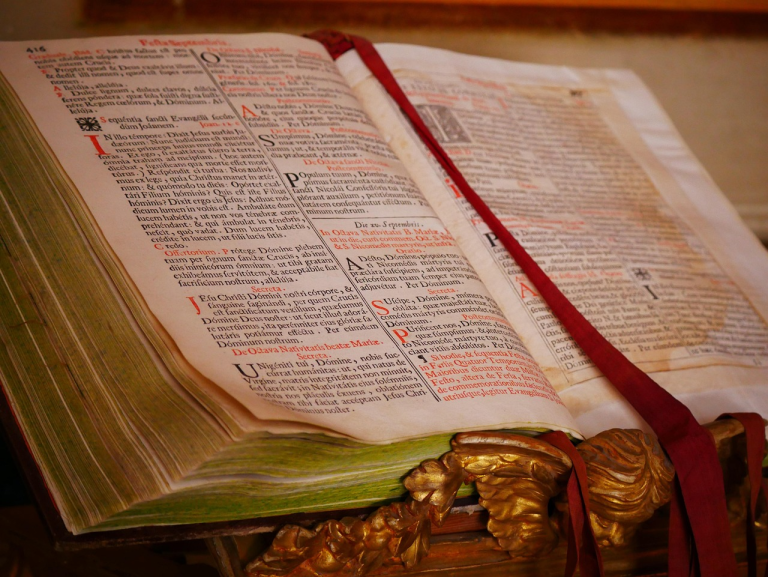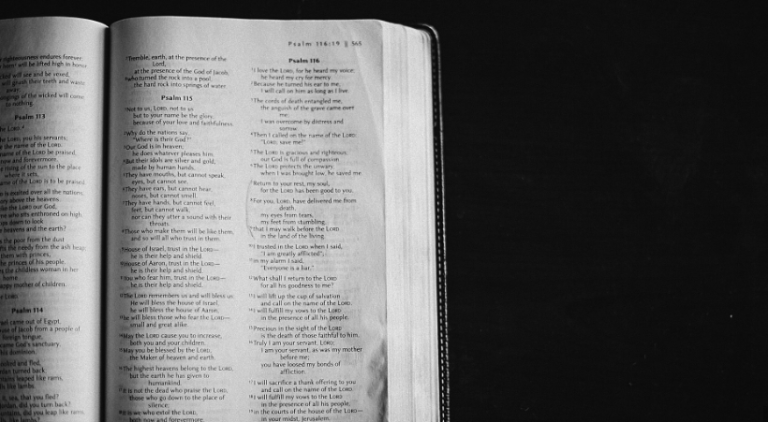Anna: A Model of Faithful Prayer
Every day, an elderly man makes his way down my street. His head protrudes forward on a slender neck, his back is bent with the weight of years, and his feet seem to shuffle rather than take proper steps. In his hands, he holds two small weights, and with his forearms at right angles to…









